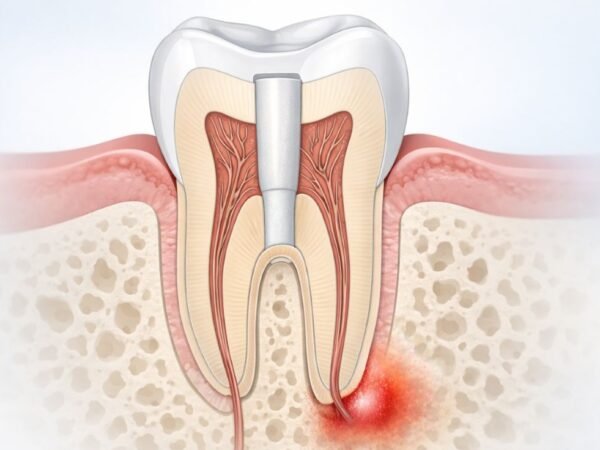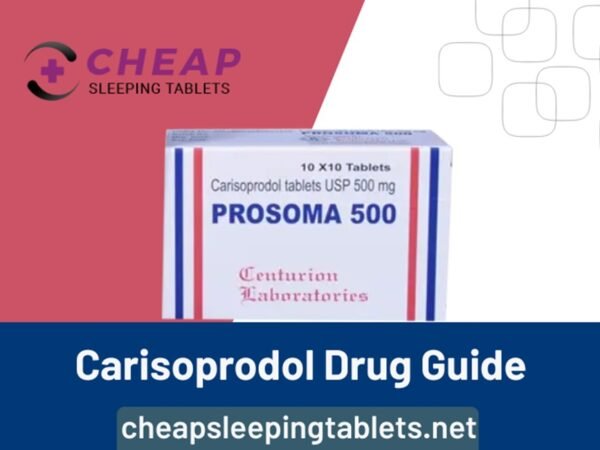Absorption Mechanisms: The Body’s Vitamin C Process
Vitamin C must enter the bloodstream and reach target cells efficiently for it to work effectively. Traditional Vitamin C supplements, such as ascorbic acid tablets, can face significant absorption hurdles. Research shows that only about 70-90% of Vitamin C is absorbed at lower doses, but at higher doses, the absorption rate drops to as low as 50% due to the saturation of transporters in the intestine. This decline is why higher doses of conventional Vitamin C often don’t yield proportionate benefits; the body simply can’t absorb it all effectively.
Moreover, gastrointestinal discomfort is expected with high doses of traditional Vitamin C. This can lead to an unpleasant experience, discouraging continued use. Here’s where liposomal technology enhances absorption through a unique method.
Liposomal Technology: Shielding and Delivering Vitamin C Effectively
Liposomal Vitamin C uses tiny lipid-based (fat-based) vesicles to encapsulate the Vitamin C molecules. These lipid “bubbles” are similar to the body’s cell membranes, which allows them to merge effortlessly with cell walls, helping the nutrients cross into the bloodstream more efficiently. Studies have shown that liposomal encapsulation significantly improves bioavailability, meaning a higher concentration of Vitamin C reaches the cells where it’s needed.
According to recent research, the bioavailability of liposomal Vitamin C can be up to 1.5 times greater than traditional Vitamin C. The protective lipid layer helps Vitamin C bypass the harsh environment of the stomach and the saturable transporters in the gut, enabling more excellent absorption without the risk of gastrointestinal distress.
Digestive and Cellular Factors Influencing Absorption
Vitamin absorption is a complex process influenced by several factors beyond just the form of the nutrient. Digestive health, other nutrients, and individual cellular transporters play essential roles. Liposomal Vitamin C’s fat-based delivery system helps overcome some of these physiological barriers. For example:
- Digestive Acidity: The stomach’s acidic environment can degrade Vitamin C before it reaches the intestines, where absorption primarily occurs. Liposomes provide a protective barrier, allowing Vitamin C to remain intact as it passes through the stomach.
- Cellular Uptake: Liposomes mimic cell membranes, enhancing cells’ direct uptake of Vitamin C. This targeted delivery system reduces waste, ensuring more nutrients are utilized.
Synergistic Compounds: Nutrients That Support Absorption
Certain compounds can further support the absorption and effectiveness of Vitamin C. While liposomal encapsulation is effective on its own, studies suggest that certain nutrients can play a synergistic role:
- Bioflavonoids: Often found in fruits with Vitamin C, bioflavonoids are known to support immune function and may enhance Vitamin C’s efficacy. Some liposomal Vitamin C supplements include bioflavonoids to boost absorption and overall effectiveness further.
- Vitamin E: This antioxidant may work harmoniously with Vitamin C, reducing oxidative stress and allowing the liposomal Vitamin C to focus on immune and collagen-boosting roles.
Potential Limitations or Considerations of Liposomal Vitamin C
Despite the advanced absorption benefits, liposomal Vitamin C has potential limitations. Individual variation significantly affects how effectively any supplement is absorbed, and certain medical conditions may affect outcomes. For instance, people with impaired fat absorption, such as those with certain digestive disorders, may experience different results with liposomal Vitamin C. Additionally, the higher cost of liposomal Vitamin C compared to traditional forms might be a consideration for some.
Bioavailability and Absorption of Liposomal Vitamin C
A study published in Nutrition and Metabolic Insights compared liposomal Vitamin C’s bioavailability with traditional ascorbic acid. The research found that liposomal Vitamin C resulted in significantly higher blood levels of Vitamin C, with peak concentrations nearly double that of regular Vitamin C, suggesting enhanced absorption and cellular uptake through liposomal delivery systems.
Reference: Zhao, Y. et al. (2018). Comparative Bioavailability of Vitamin C from Liposomal and Non-Liposomal Dietary Supplements. Nutrition and Metabolic Insights, 11, 1178638818789479.
Liposomal Vitamin C provides a cutting-edge solution to traditional Vitamin C absorption issues. By understanding the science behind this technology, you can make informed decisions about supplements that maximize benefits. While liposomal technology does enhance absorption significantly, remember that maintaining a balanced diet and considering other supportive nutrients like bioflavonoids can further optimize Vitamin C’s impact on health.
Also read interesting articles at Disboard.co.uk













